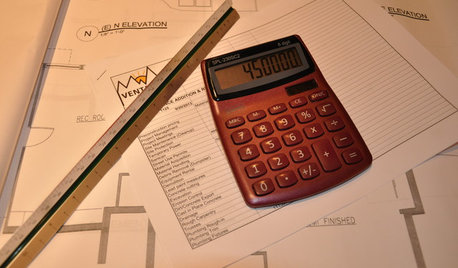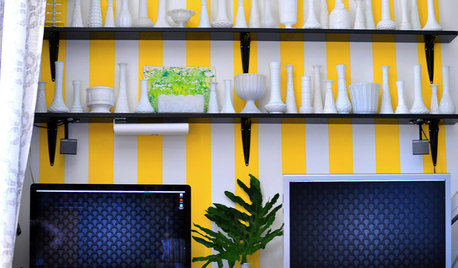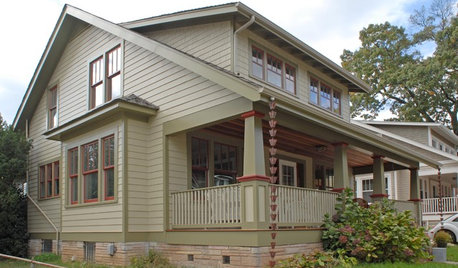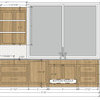Testing New Construction Wiring
fecollier
13 years ago
Related Stories

KITCHEN DESIGNSweet Ideas and a Truffle Recipe from a Chocolatier's Test Kitchen
A $2,100 budget didn't mean a half-baked kitchen redo; this confectioner just rolled up her sleeves and rolled out the improvements
Full Story
BUDGETING YOUR PROJECTConstruction Contracts: What Are General Conditions?
Here’s what you should know about these behind-the-scenes costs and why your contractor bills for them
Full Story
CONTRACTOR TIPSLearn the Lingo of Construction Project Costs
Estimates, bids, ballparks. Know the options and how they’re calculated to get the most accurate project price possible
Full Story
ACCESSORIESHow to Hide Those Messy Wires
Untangle Yourself From Ugly Electrical Cords With a Few Tricks and Accessories
Full Story
MORE ROOMSHome Tech: Getting Rid of Wires Without Sacrificing Sound
Wireless home technology still isn't perfect, but new products are giving audiophiles choices
Full Story
MOST POPULARThe Right Way to Test Paint Colors
Here are 5 key steps to take to ensure you're happy with your wall paint color
Full Story
ARCHITECTURETime-Tested, Low-Tech Ways to Cool a Home
People have been beating the heat around the world for centuries without plugging anything in. Could these ideas work for your home today?
Full Story
Kit Houses Stand the Test of Time
See how these mass-produced catalog houses have made their way into the modern day
Full Story
KITCHEN OF THE WEEKKitchen of the Week: Designed to Stand the Test of Time
Ageless beauty abounds in this elegant European-inspired kitchen in Minnesota
Full Story
KITCHEN CABINETSCabinets 101: How to Choose Construction, Materials and Style
Do you want custom, semicustom or stock cabinets? Frameless or framed construction? We review the options
Full StoryMore Discussions








Ron Natalie
petey_racer
Related Professionals
Athens General Contractors · Bowling Green General Contractors · Broadview Heights General Contractors · Corsicana General Contractors · DeKalb General Contractors · Lewisburg General Contractors · Port Huron General Contractors · San Carlos Park General Contractors · Warren General Contractors · Muscoy Solar Energy Systems · Richmond Solar Energy Systems · Alexandria Home Automation & Home Media · Farmington Home Automation & Home Media · San Bruno Home Automation & Home Media · Weymouth Home Automation & Home Mediabus_driver
grantrobarts
petey_racer
grantrobarts
Ron Natalie
jrieber
greg_2015
jrieber
greg_2015
greg_2015
jrieber
greg_2015
Taylor Electrical Solutions, LLC
User
weedmeister
Taylor Electrical Solutions, LLC
mee_too_mee_too